Recently, Murata released its financial report for the previous quarter, saying that the sharp decline in demand from automobiles has significantly reduced its profit from April to June. However, due to increased demand for base stations and computers, MLCC orders increased, driving Murata's last quarter's profit better than market expectations.
In addition, automotive-related orders, which fell sharply between April and June, have improved significantly in July and August.
In terms of products, the sales of Murata capacitors in the last quarter fell 2.4% from the same period last year to 134.494 billion yen; the sales of piezoelectric products (including surface wave filters, ceramic filters, etc.) fell 16.0% to 26.389 billion yen; sales of other components (including lithium-ion batteries, inductors, connectors, sensors, etc.) fell 16.2% to 77.365 billion yen; sales of modules (including MetroCirc and short-range wireless communication modules, etc.) fell 7.6% to 879.45 billion yen.
Murata pointed out that the amount of orders received in the previous quarter fell 13.4% from the same period last year to 293.524 billion yen. MLCC orders rose 6.5% to 117.519 billion yen, accounting for 40.0% of the overall; module product orders fell 19.1% to 82.354 billion yen, accounting for 28.1% of the overall.
Murata President Norio Nakajima said that from the perspective of overall order trends, although there was a monthly decrease of 5%~10% in May, the monthly increase of 10%~15% in June and the monthly increase of 35%~40% in July have greatly improved the auto-related orders that contracted sharply from April to June.

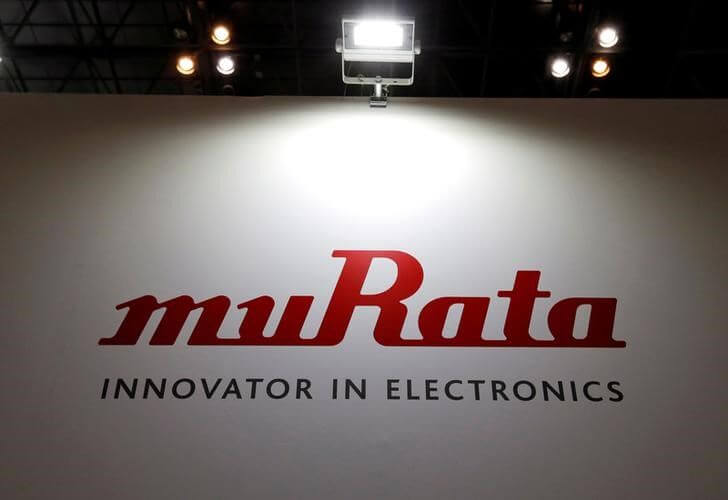






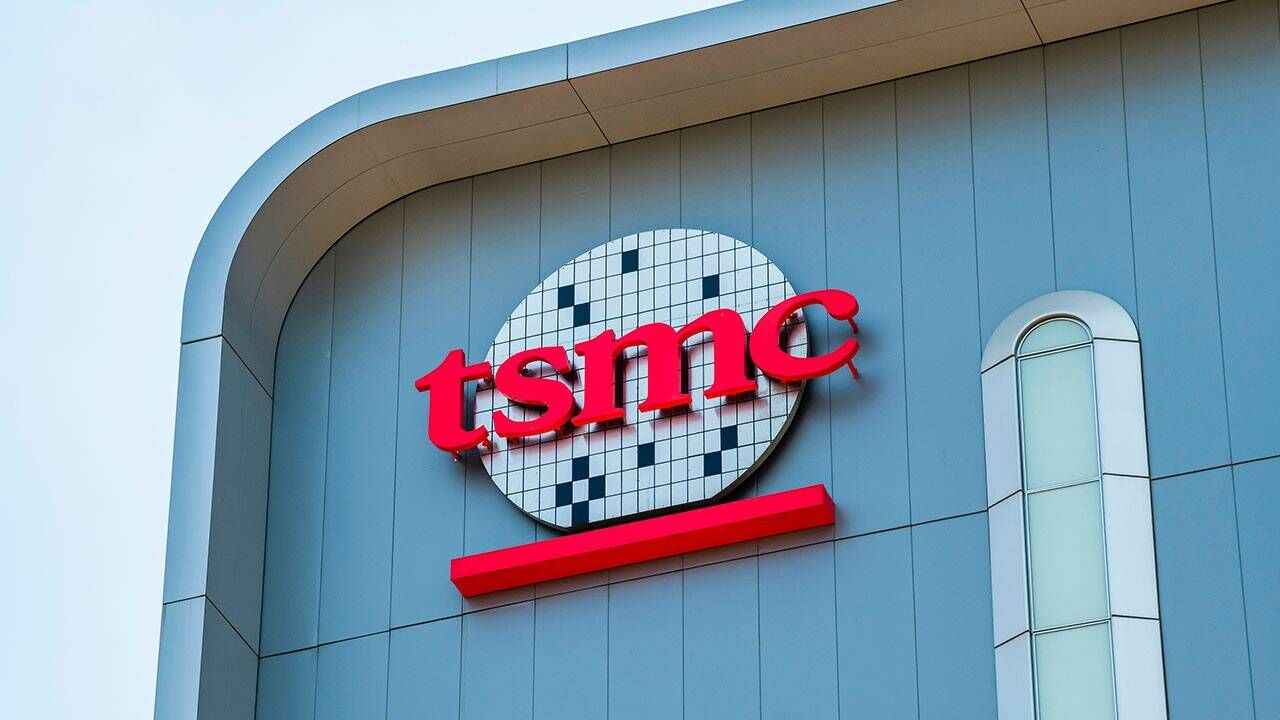
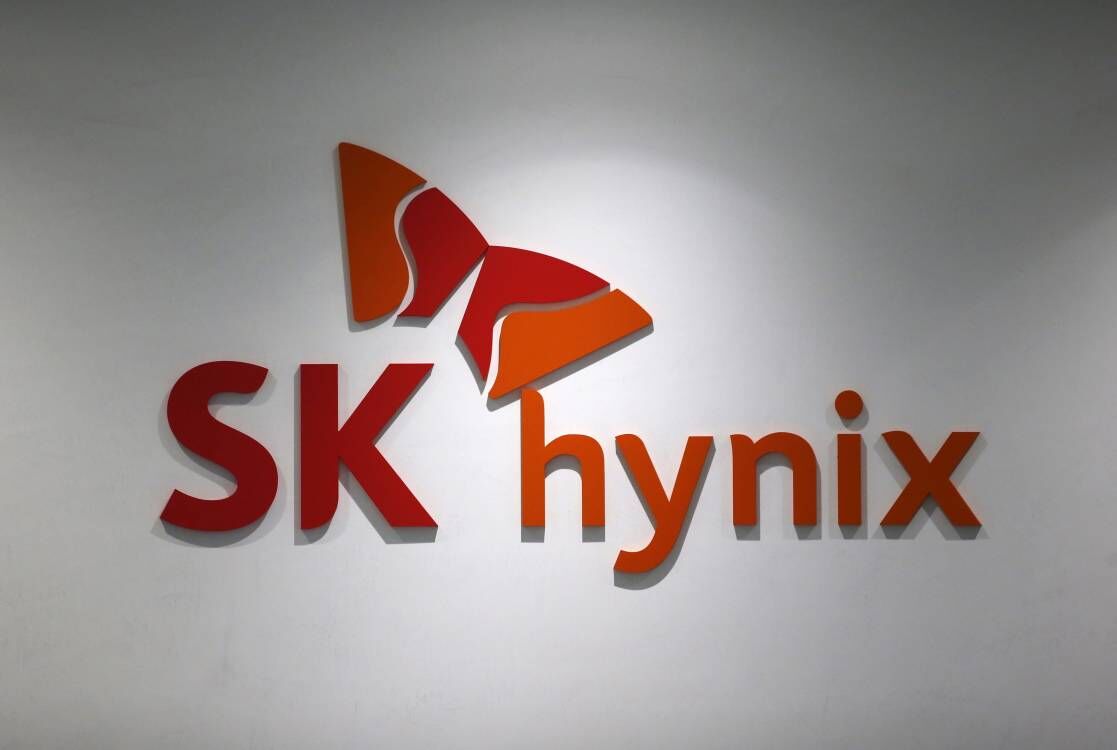
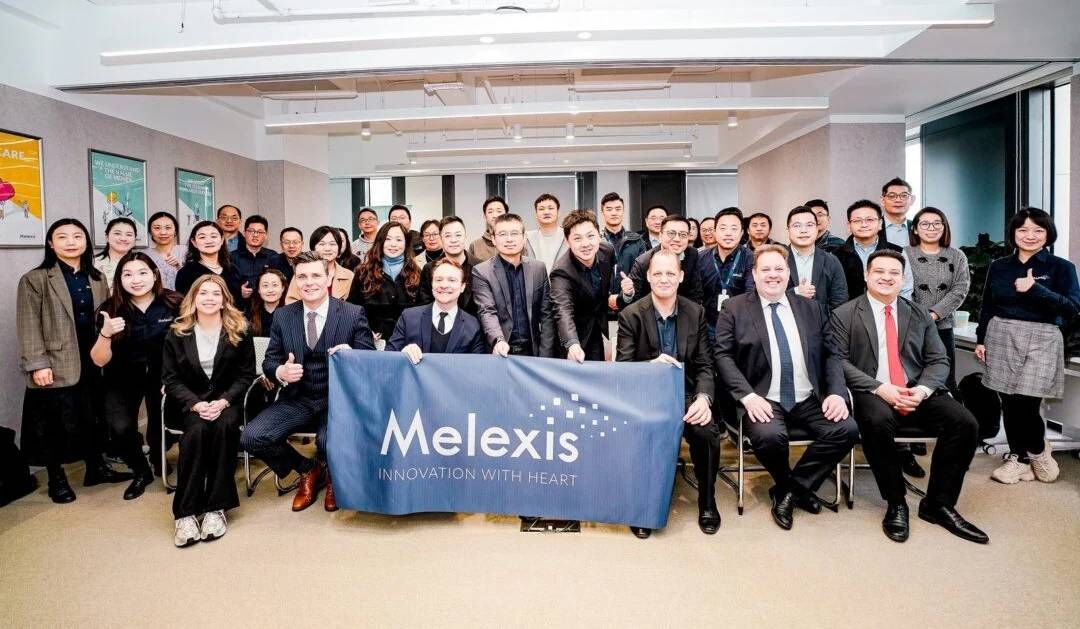
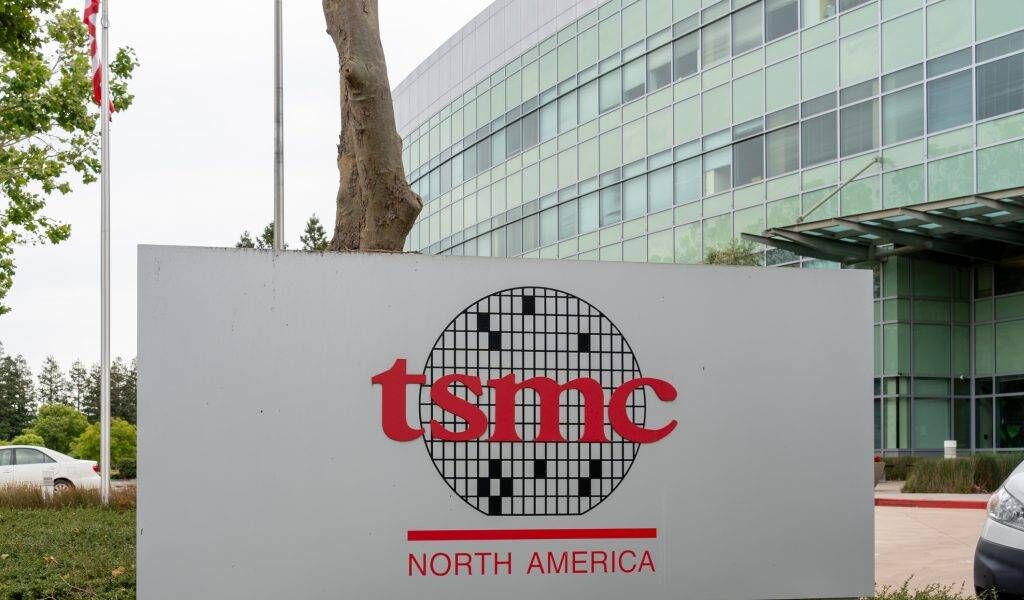
All Comments (0)